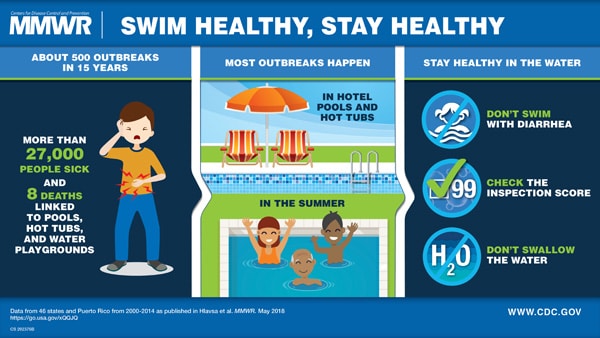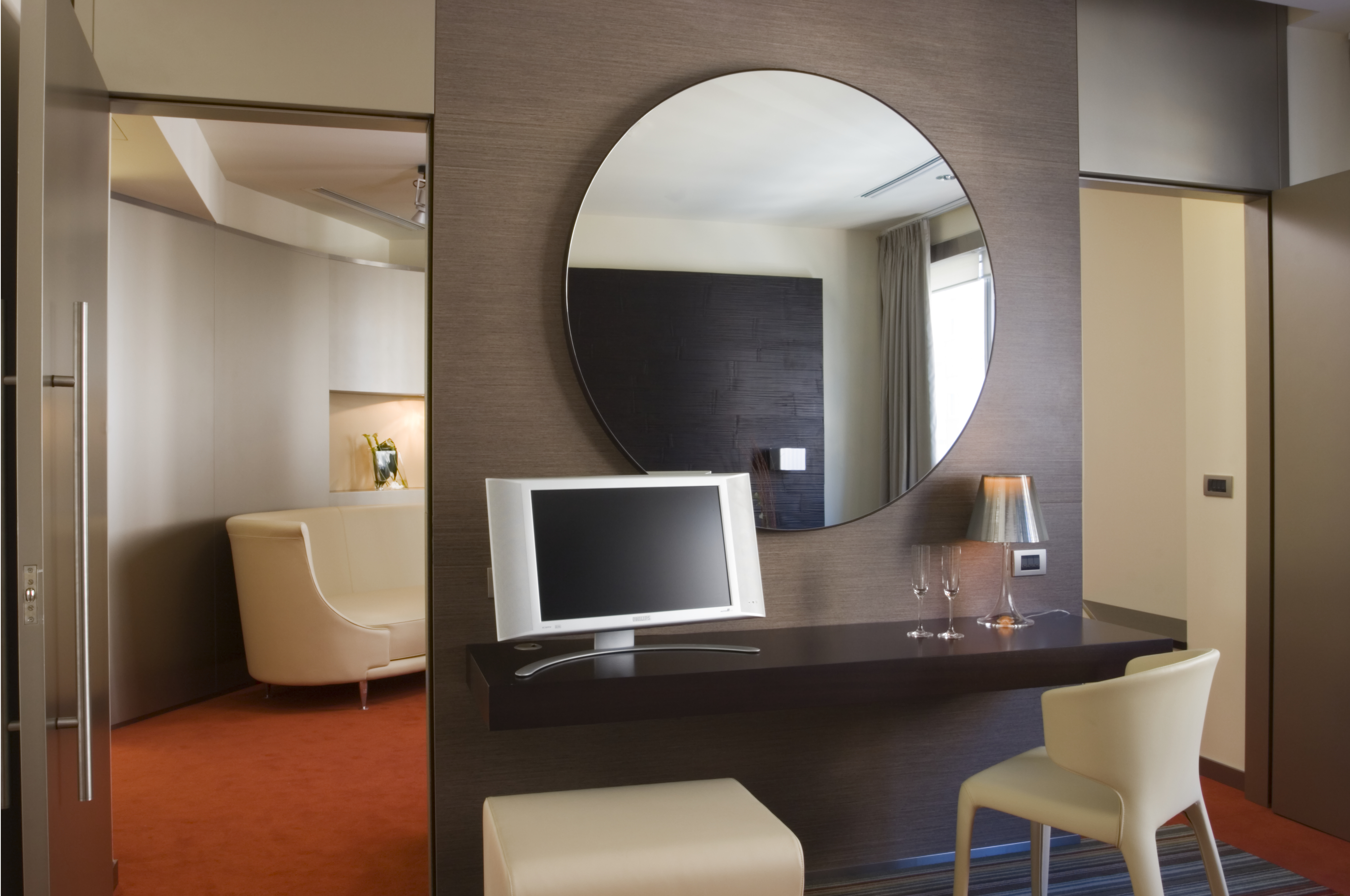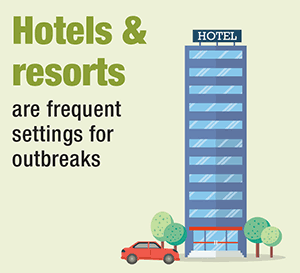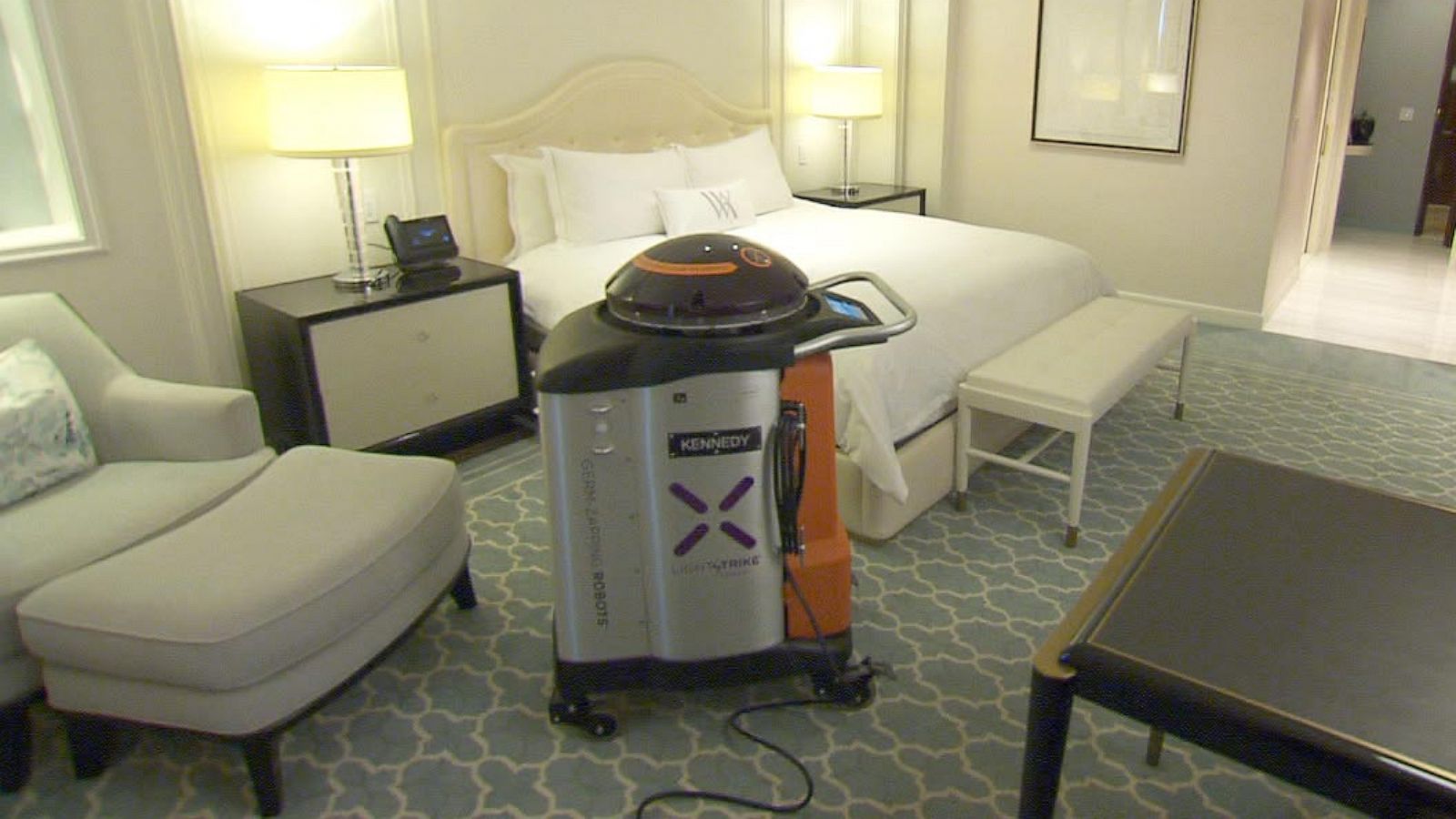Best Info About How To Prevent Bacterial Contamination In A Hotel

Environmental protection agency published a study in 2002 showing microfiber cloths collect dust and bacteria particles.
How to prevent bacterial contamination in a hotel. Avoiding contamination once you’ve identified the mistakes you usually make when preparing meat, start adopting these practices to reduce the chances of contamination:. As endotoxins are resistant to heat, temperatures higher than 250 ºc should be. Often people drop things on the floor and end up putting them back.
Consider using microfiber mop heads and cleaning cloths. When these aren’t properly treated or disposed of, bacteria like fecal coliform, e. Personal hygiene factors to prevent the contamination of food with bacteria, viruses or parasites passed on by staff include:
Wear suitable hygienic clothing, including gloves, hair covering,. Such filters are also used to avoid filter occlusion, which can create vacuum conditions. Coli, and enterococci can contaminate our local.
Bacteria comes from human sewage and animal waste. To prevent microbial contamination from outside air, vents should be fitted with a hydrophobic air filter. How to prevent bacterial infections 1.
What measures can you undertake to prevent bacterial contamination in a hotel or restaurant Avoid contamination and potential accidents by making sure the floors are always clean and sanitized. Dirty and slippery floors can also cause your employees to slip and fall.
Wash hands washing your hands multiple times per day is imperative especially if you are exposed to bodily fluids, animals,. Washing the foods prior to handling them and washing your hands with soap and water is often enough to decrease bacterial contamination. Raw materials and ingredients like unpasteurized milk, leafy greens, raw eggs, meat, poultry, and seafood pose the highest bacterial contamination hence utmost caution is advised.
The most common method for depyrogenating laboratory material is treatment with dry and hot air. Use carbon filtration to absorb organic pollutants like pesticides, petrochemicals and lead use uv water filtration to eradicate microbial contaminants like pathogens and.

















